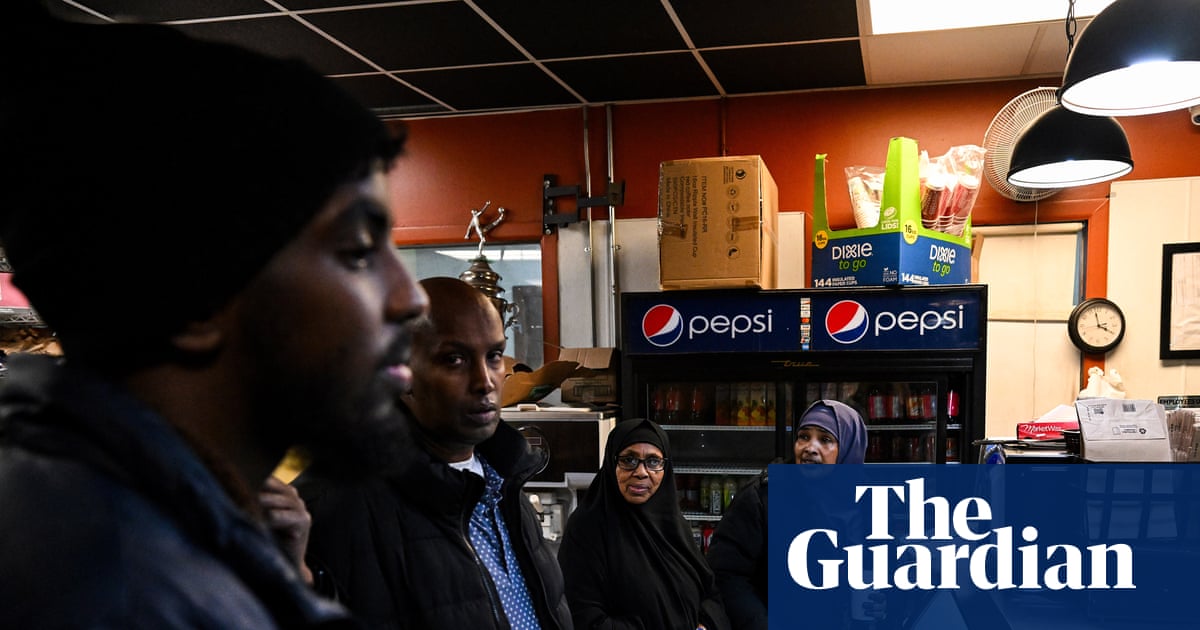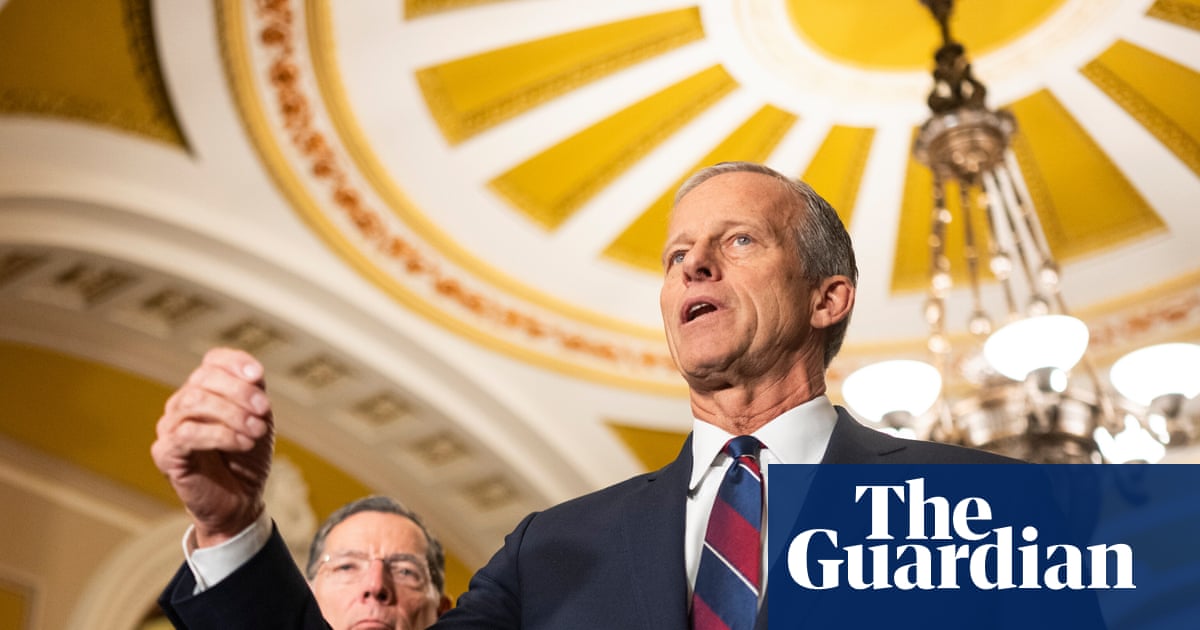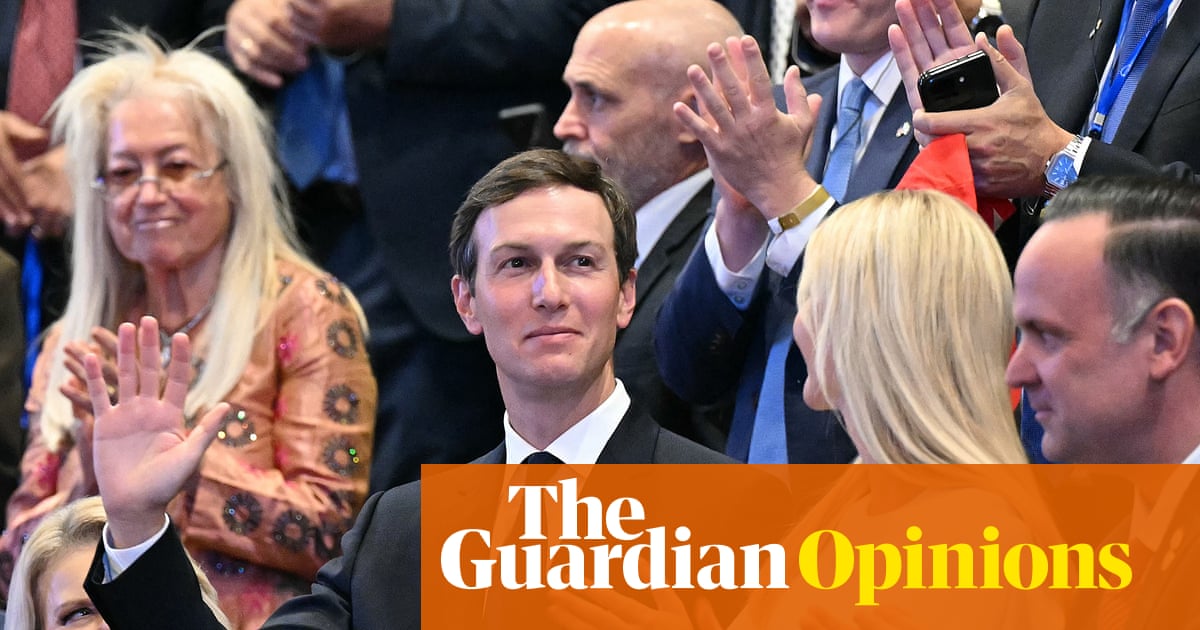Whether viewed as a visionary reformist or a murderous despot, Crown Prince Mohammed bin Salman, Saudi Arabia’s de facto leader, will be taking a huge step toward rejoining the international community when he meets with President Donald Trump at the White House on Tuesday.
Bin Salman, 40, became an international pariah after the murder of journalist Jamal Khashoggi, a fierce critic of his government, in 2018, though Trump defended the Saudi government even after the CIA concluded that the crown prince himself ordered the killing.
Then-President Joe Biden traveled to Saudi Arabia in 2022 and controversially fist-bumped bin Salman, an image that went viral, at a time when most leaders had shunned the crown prince. Bin Salman said in 2019 that he took “full responsibility” for the Khashoggi killing since it happened on his watch, but denied ordering it.
But it is bin Salman’s trip Tuesday, his first during Trump’s second term, that will be seen more broadly as a move toward acceptance back into the diplomatic fold.
“He’s a different kind of figure now. Obviously, the questions about the manner of his rule and internal repression, those things haven’t gone away. But he’s a changed figure; it’s a changed moment. And, I think, important symbolically in that sense,” said Michael Wahid Hanna, the U.S. program director at the International Crisis Group, a global nonprofit organization based in Brussels that works to prevent conflicts.
He added: “He’s central to what this administration wants to do in the region.”
Trump and bin Salman are expected to sign economic and defense agreements, a White House official told NBC News.
Even before bin Salman had set foot in the United States, Trump confirmed at an Oval Office event Monday that he would be willing to sign off on the sale of F-35 stealth fighter jets to the kingdom, a contentious move that could shift the balance of power in the Middle East, where Israel has been the primary recipient of America’s cutting-edge military technology.
Trump’s announcement of the sale may not actually lead to Saudi Arabia’s receiving the F-35s anytime soon, analysts say.
“The devil will kind of be in the details there,” said Andrew Leber, a nonresident fellow at the Carnegie Endowment for International Peace who has done extensive research on Saudi Arabia, noting that a similar deal announced with the United Arab Emirates fell through.
He added, “That deal ultimately ran aground on a combination of U.S. concerns with maintaining Israel’s qualitative military edge and concerns about the extent to which U.S. security technology might leak to China.”
The possibility of Saudi Arabia’s normalizing relations with Israel will be a key part of the talks, according to the White House official. The official said Trump “hopes” the kingdom will soon join the Abraham Accords, the 2020 U.S.-brokered agreement that led a number of regional countries to establish formal diplomatic ties with Israel, though analysts are skeptical about a breakthrough.
“There’s no near-term horizon for normalization at the moment,” said Hanna of the ICG.
"The risks for Mohammed bin Salman are extremely high if he joins the Abraham Accords," agreed Fawaz Gerges, professor of international relations at the London School of Economics. He noted that the Saudis had made clear they would need some form of Israeli commitment to a path to a Palestinian state — something the Israelis have publicly dismissed.
The crown prince's strategy was generally "to minimize the risks to his rule," said Gerges.
Even if bin Salman does not announce the establishment of diplomatic ties with Israel, he has won favor with Trump as one of the regional leaders who helped pull together the current ceasefire between the Israel Defense Forces and the militants of Hamas.
Trump has long touted his deal-making abilities, and, according to a senior administration official, a number of deals are expected to be announced Tuesday, including a multibillion-dollar Saudi investment in America’s artificial intelligence infrastructure, enhanced cooperation on civil nuclear energy and fulfillment of the Saudis’ $600 billion investment pledge via dozens of targeted investments.
Critics have raised questions about Trump’s affinity for mixing personal business and diplomacy. His properties have for years hosted tournaments for the Saudi-backed LIV Golf. And The New York Times reported this weekend that the Trump Organization is looking at a huge real estate deal with Saudi Arabia.
“There’s some massive ethical questions in here,” said Leber of the Carnegie Endowment. “It’s very obvious that all of the Gulf states have realized that the way you get to Trump is to find some way to enrich his family members, enrich his friends, promise to enrich them down the line.”
Governments dealing with Saudi Arabia, human rights groups have long said, should also push the country’s leaders on its dismal human rights record. In August, a report from Human Rights Watch noted an “unprecedented surge” in executions in 2025, with 241 people killed as of Aug. 5.
Still, the restrictions on women, another regular criticism leveled at the kingdom, have been eased, and bin Salman has tried to open up the society to Western exports, like Ultimate Fighting Championship matches and comedy shows, though the comedians who recently appeared at a comedy festival in Riyadh, including Louis C.K. and Bill Burr, were blasted for performing there.
“This hasn’t been political reform in the sense of creating space for real politics, but he’s absolutely, fundamentally reoriented Saudi society and changed the role of the religious authorities,” said Hanna of the ICG. “There’s incredible social change that has happened partly because he’s operating without any real constraints."
This article was originally published on NBCNews.com

 German (DE)
German (DE)  English (US)
English (US)  Spanish (ES)
Spanish (ES)  French (FR)
French (FR)  Hindi (IN)
Hindi (IN)  Italian (IT)
Italian (IT)  Russian (RU)
Russian (RU) 























Comments